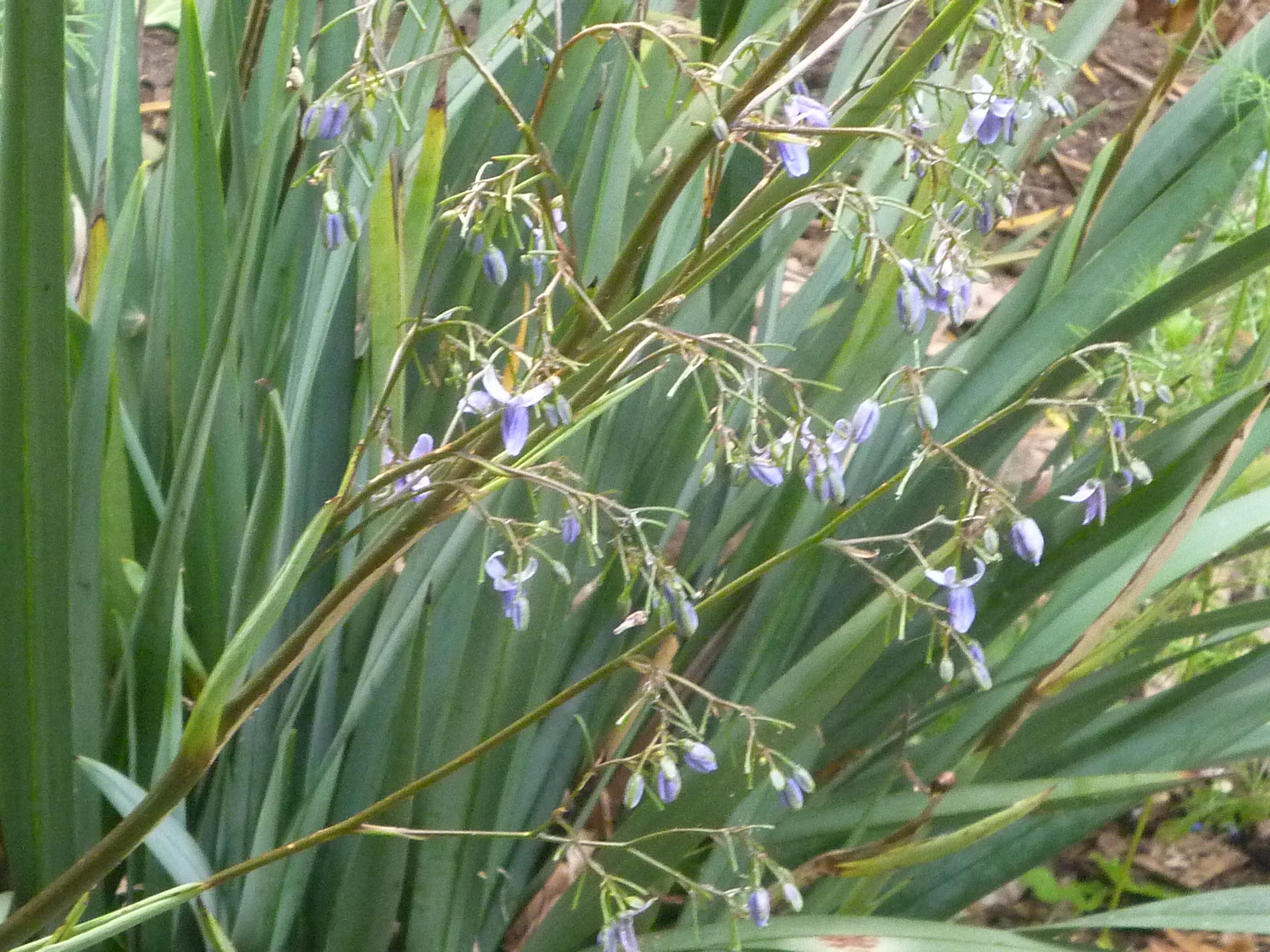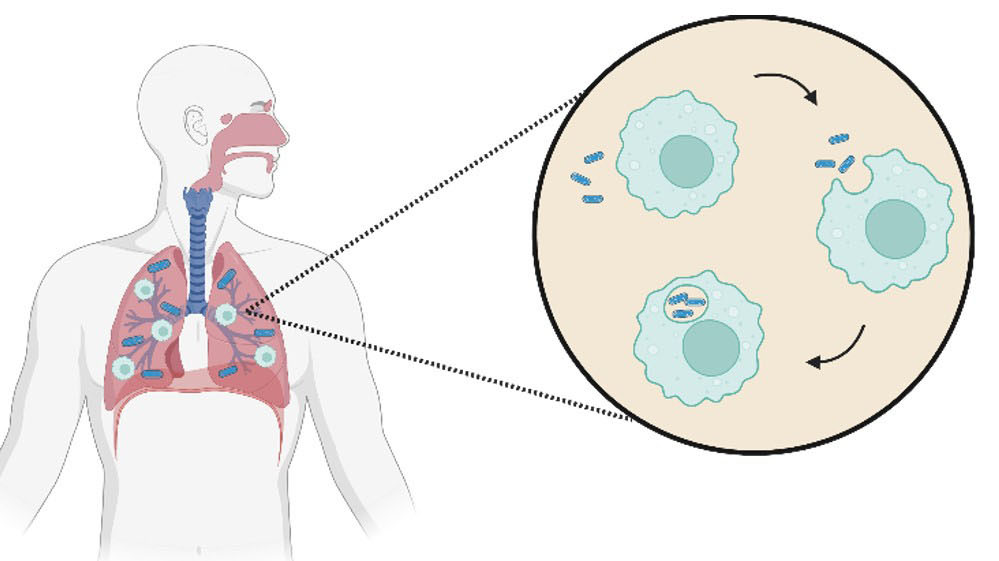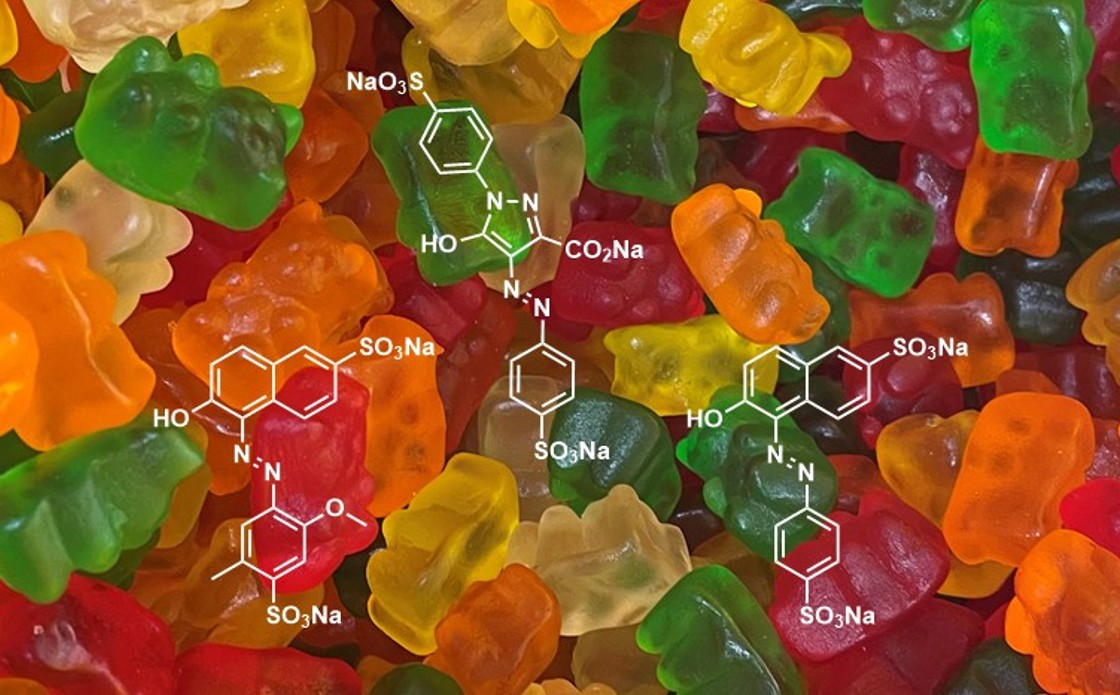Distinguished Professor Sir Bill Denny KNZM, PhD, DSc, FRSNZ, FNZIC, FIUPAC
Distinguished Professor Sir Bill Denny retired from the Auckland Cancer Society Research Centre (ACSRC) on 1 July 2024. He had been with the ACSRC for 52 years and his career was dedicated to the application of medicinal chemistry to grand challenges in health research including cancer and infectious disease.
Bill, as he likes to be known, was an undergraduate at the University of Auckland and he completed his PhD in 1969 with Con Cambie on Synthetic Studies Utilizing Podocarpic Acid. Bill worked as a Postdoctoral Fellow at Oxford University before joining the Cancer Research Lab, as the ACSRC was then known, as a Senior Research Fellow in 1972. After a stint at the University of California (1979-81) working on the computational analysis of structure-activity relationships with Leo Hansch, he returned to the Cancer Research Lab as rotating Director/Co-director with Bruce Baguley. Bill obtained his DSc in drug development from the University of Auckland in 1986. In 1998 Bill became the full-time Director of the ACSRC, a post he held until 2020.

Bill’s contributions to drug discovery, both academic and translational, have been phenomenal. He has published more than 750 academic papers and 20 book chapters, and he is an inventor on 114 patent families. These articles have been cited more than 42,000 times and his H-index is 109! He has been inducted into the American Chemical Society Hall of Fame (2016), the first New Zealander to be so honoured, is a recipient of the Rutherford Medal, New Zealand's highest scientific honour (1995), the Gluckman Medal (2006), the Vice Chancellor’s Commercialisation Medal (2012), is an Officer of the NZ Order of Merit (2003) and was appointed Knight Companion of the NZ Order of Merit in 2021.
Bill has received many chemistry prizes and honours, including the ICI Prize for Excellence in Research, NZ Institute of Chemistry (1986), elected Fellow of the International Union of Pure and Applied Chemistry (IUPAC) (2000), UK Royal Society of Chemistry Adrien Albert Medallist and Lecturer (2005), the Adrien Albert Award from the Royal Australian Chemical Institute (2006) and the American Chemical Society Medicinal Chemistry Award (2014).
Bill was involved, in conjunction with a variety of academic and industry partners, in bringing 15 new drugs to clinical trial. A key research focus was on dual DNA intercalating topoisomerase inhibitors such as amsacrine, asulacrine and DACA (Fig. 1). Other DNA interactive trialists included XR-11576 and MLN-944 and the DNA alkylator amustaline. Vadimezan was a xanthenone vascular disrupting agent that went to Phase III clinical trial with Novartis.

A long-standing collaboration with Parke-Davis led to a focus on kinase inhibitors with canertinib, a first-in-class irreversible epidermal growth factor receptor (EGFR) inhibitor that was superseded by dacomitinib (Fig. 2). Bill also spearheaded two local startups with Pathway Ltd developing PWT597, a phosphoinositide 3-kinase inhibitor to Phase II and into registration as a veterinary medicine and with Proacta Ltd developing a hypoxia-activated prodrug of a DNA cross-linking agent, PR104, to Phase II clinical trial (Fig. 3).

An ongoing collaboration with the Global Alliance for TB has led to four clinical candidates: the nitric oxide prodrugs TBA 354 and DNDi-0690 (trialled for leishmaniasis with the Drugs for Neglected Diseases initiative) and the ATP synthase inhibitors TBAJ587 and TBAJ876 (Fig. 3).
Many of these agents can claim to be first-in-class drugs to reach clinical evaluation, e.g. amsacrine, DACA, vadimezan, canertinib and PR-104. Three agents have been registered for use: amsacrine for the treatment of leukaemia, amustaline as an antiviral scavenger for blood products and dacomitinib for use in non-small cell lung cancer.

Bill’s productivity and the influence of his work reflects both the skills of the multidisciplinary team he has built in Auckland and his extensive academic and industry partnerships, primarily in the US. His network of collaborations with US scientists in the pharmaceutical industry have been instrumental in developing extensive, long term research contracts with Warner Lambert/Parke-Davis/Pfizer (24 years) and the Global TB Alliance (19+ years). He was a joint founder of the biotech companies Proacta Inc. and Pathway Therapeutics, which commenced in New Zealand before migrating to the US, as well as the recently launched Kea Therapeutics. These companies have raised more than $80 million, a figure only exceeded by his academic grant income which is more than $180 million.
The legacy of Sir Bill is evident in the breadth of his research which has advanced the boundaries of medicinal chemistry. Moreover, his dedication to mentoring emerging scientists has nurtured a new generation of chemists, ensuring the continuity of innovation and excellence in the field. In the ACSRC, Bill has built an organisation that is one of the most respected academic cancer research centres in the world and leaves a towering legacy. But perhaps his best contribution is the polite, collegial and respectful way he has conducted himself over 50 years and became an inspiration to several generations of chemists in New Zealand.

Bill is still actively publishing papers, mentoring researchers and networking internationally through his editorship of leading journals at the American Chemical Society. We wish Bill a well-deserved rest in his formal retirement from the University but know that his new emeritus appointment will ensure his continuing contribution to the University and to medicinal chemistry.






